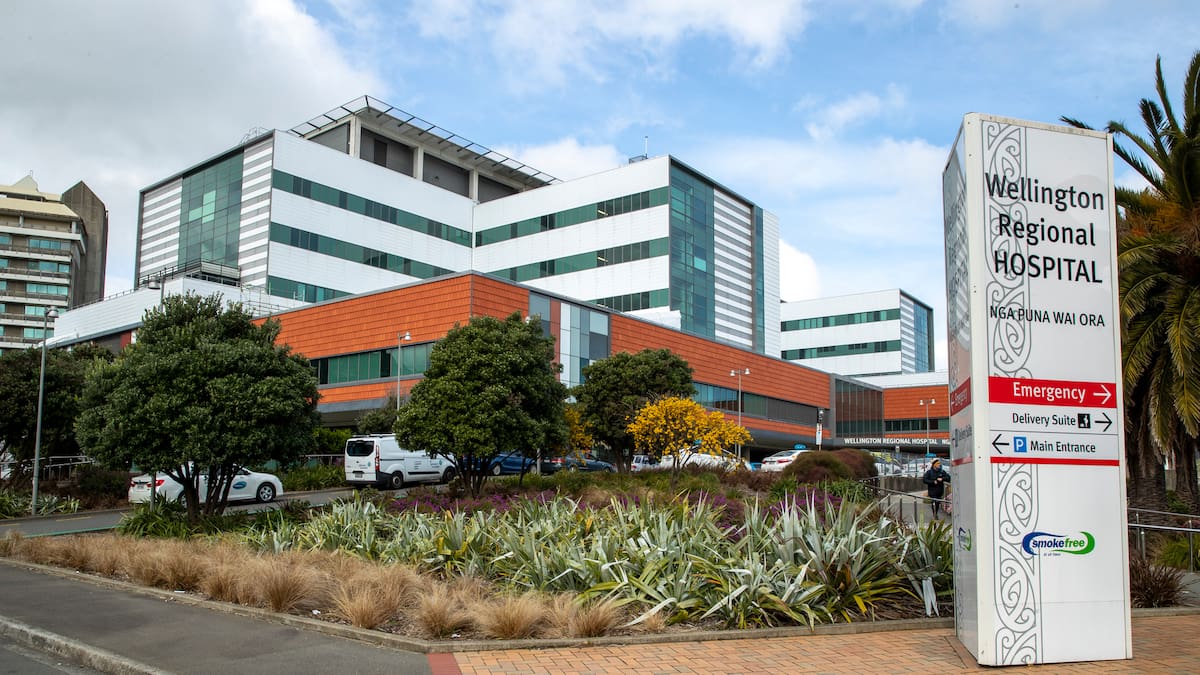Liberia's Healthcare Crisis Deepens: Clinics Close as US Aid Dries Up

Liberia's Healthcare System Under Strain as US Aid is Reduced
Liberia is facing a deepening healthcare crisis as cuts to U.S. aid begin to take effect. Across the country, vital health clinics are shuttering their doors, leaving vulnerable communities without access to essential medical services. The sudden loss of funding, which previously supported healthcare, medicine, and basic services, is having a devastating impact on already fragile systems.
For years, the United States has been a crucial partner in Liberia's efforts to rebuild its healthcare infrastructure following the Ebola crisis and subsequent challenges. U.S. aid has played a significant role in supporting clinics, training healthcare workers, providing essential medicines, and implementing public health programs. However, recent reductions in funding are creating a ripple effect, threatening the stability of the entire system.
Impact on Clinics and Communities
The closure of clinics is having a direct and immediate impact on communities, particularly those in rural areas where access to healthcare is already limited. Families are struggling to obtain basic medical care, and children are facing increased risks of preventable diseases. Undernourished children, who previously relied on clinics for nutritional support and vaccinations, are now at even greater risk.
Healthcare workers, many of whom were trained and supported by U.S.-funded programs, are facing job losses and dwindling resources. This further exacerbates the crisis, as it diminishes the capacity of the healthcare system to respond to the needs of the population.
A Call for Urgent Action
The situation in Liberia highlights the critical importance of sustained international support for fragile healthcare systems. While Liberia has made significant progress in recent years, it remains heavily reliant on external assistance. The current cuts to U.S. aid are a setback that could undo much of the progress that has been made.
Experts are warning that the consequences of inaction could be severe, potentially leading to a resurgence of preventable diseases and undermining the country's overall development. There's a pressing need for renewed commitment from the international community, including the United States, to ensure that Liberia's healthcare system can continue to serve the needs of its people.
Looking Ahead
The Liberian government is exploring alternative funding sources and seeking support from other international partners. However, bridging the funding gap created by the U.S. aid cuts will be a significant challenge. It is hoped that a collaborative approach, involving both international donors and the Liberian government, can prevent a further deterioration of the healthcare system and safeguard the health and well-being of the nation.





